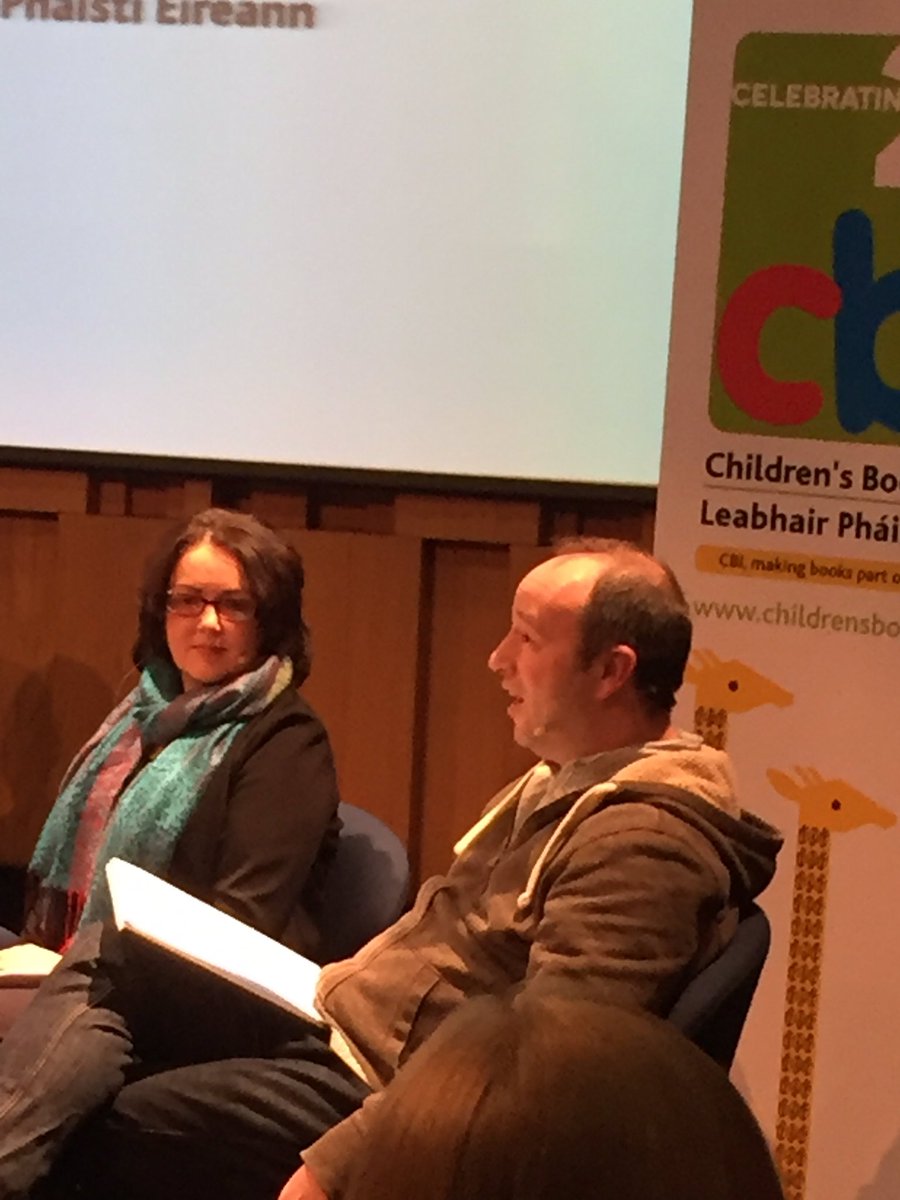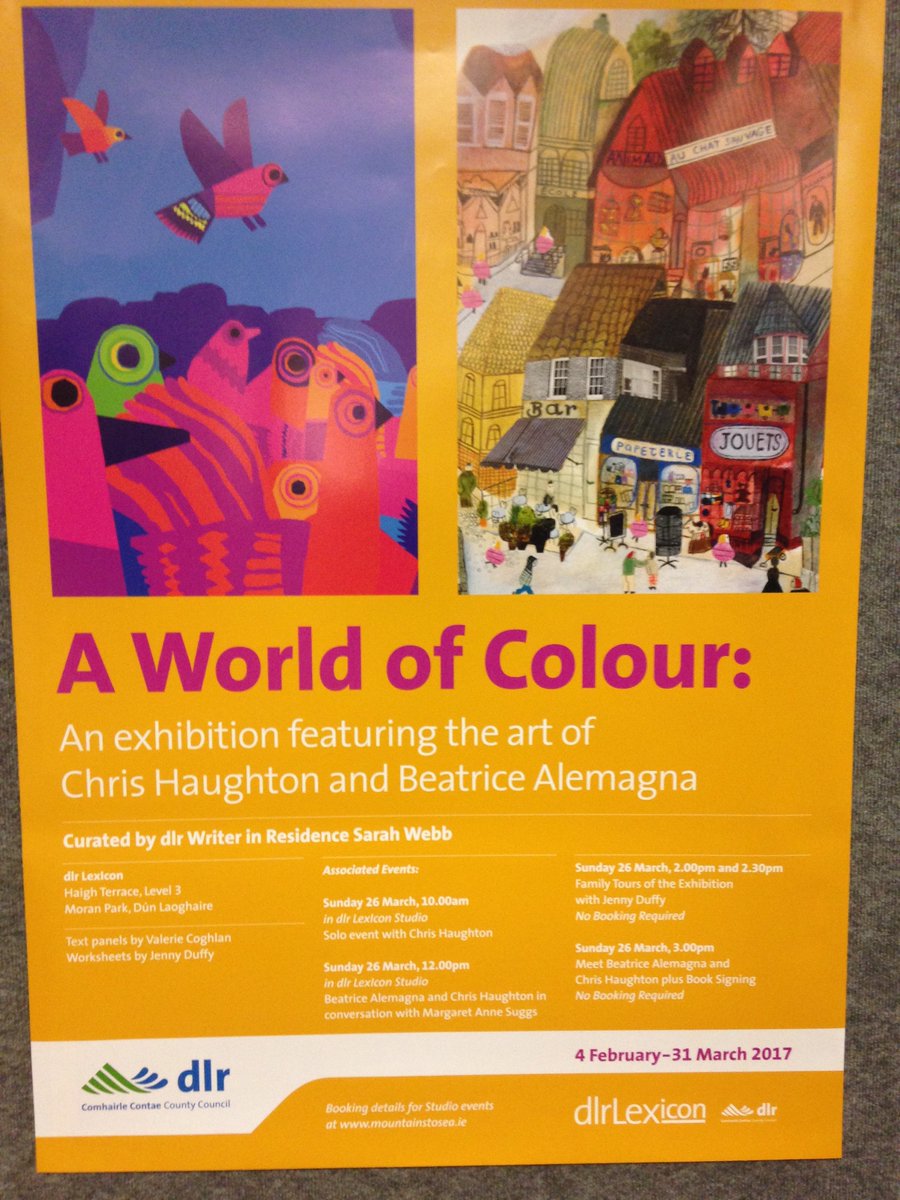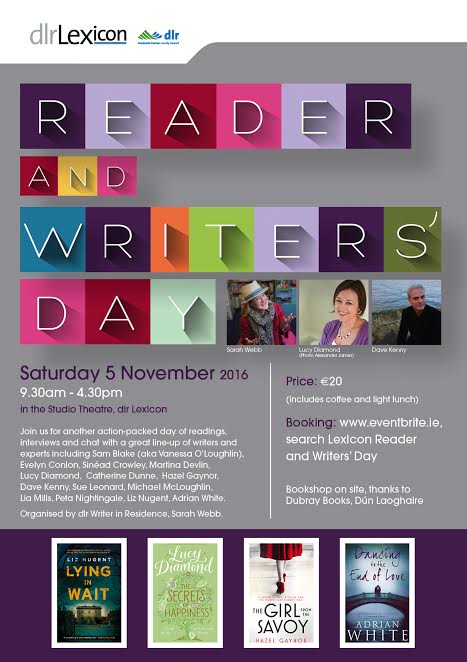This blog was prepared for the Children’s Books Ireland Artists’ Coffee Morning in May 2021
They are updated from a 2018 notes and I do hope they are helpful! Here’s me at a book event for young children and their families, showing them how to make a baby owl.
Schedule of Programming
Many book festivals start programming over six months in advance. Many key names would be in place many months in advance for the children’s programme: ie RJ Palacio (Wonder), Oliver Jeffers. I am starting to programme for November (WonderFest) now (May).
If you are thinking about approaching a festival (and more on how to do this in a moment), make sure you don’t leave it too late. I would suggest at least 4 months before the festival is on.
I am lucky to be sent early proofs which I read carefully. If you have written a brilliant, original and exciting book you have a good chance of being invited to a book festival. FOR ME IT ALL STARTS WITH THE BOOK.
If you remember one thing when it comes to events – remember this – IT’S NOT ABOUT YOU, IT’S ABOUT THE AUDIENCE. You are almost irrelevant. The only people who matter are the children or young people in front of you.
What I Am Looking For:
1/ Strong, award-winning names for individual events and panels – esp writers who have written outstanding books eg Eoin Colfer, Oliver Jeffers, Katherine Rundell, Robin Stevens.
Many festivals like to vary the writers they invite every year (although in the children’s world, the audience changes every 2 or 3 years – as they grow up!)
2/ Writers who are excellent at performing for school audiences and who have a strong body of work behind them. Experience is key for school events in a theatre (or in any venue or online). Ex-teachers or actors can be particularly good, people who can also draw are useful. Eg Marita Conlon McKenna, Judi Curtin, Alan Nolan.
3/ Exceptional storytellers eg Dave Rudden and Marianne McShane.
4/ Exceptional workshop leaders eg Claire Hennessy, ER Murray, Eve McDonnell. The best ones engage 100% with the young writers/illustrators and bring something unique to their workshops.
5/ New/newish writers for panel events featuring new voices – eg Paddy Donnelly, Adiba Jaigirdar.
6/ New voices from a wide range of communities - representing all writers, illustrators and readers. Voices from the Travelling community for eg.
7/ Exceptional picturebook makers to give talks/workshops to children and also masterclasses to adults eg Yasmeen Ismail, Chris Judge, Chris Haughton.
8/ Unusual and original book related events. Esp non-fiction events in fact – history, natural history, science, maths. Come up with a unique and inspiring event and practice, practice, practice.
9/ Artists who are willing to work hard and go the extra mile. Artists who will muck in. Artists who offer to fill in for other artists when there’s a last minute illness or delay. Artists who are fun to work with and above all, professional. I’ll never forget Sarah McIntyre and Philip Reeve mucking in at one of the festivals I programmed when one of speaker’s children was rushed to hospital. They did his events for him.
10/ Strong local talent – writers, poets, storytellers, illustrators, picture book makers and more. Experienced and debut writers alike.
What I Am Not Looking For:
1/ People with no experience. Get out there. Start with your local school or library and build up your experience. See below for some ideas.
2/ Writers of books I have not read or heard of (if you’re a new writer, please ask your publisher to send me your book). If you’ve written an amazing book, you have a great chance of being invited to a festival on that basis alone.
3/ People who think a book event means standing and reading your book for 40 mins and then taking some questions. Unless you are J K Rowling or Jacqueline Wilson, this will not work.
I’m a Self-Published Writer, Can I Apply to Appear at a Festival?
Many festivals are curated festivals. This means the curators select the artists. Yes, you can apply to appear, if you think you can offer something original and exceptional. Your book must be professionally produced, an excellent read and widely available - children deserve the best literature we can give them. But please note that very few artists who apply directly are selected; most artists are invited. This goes for all writers, not just self-published writers.
What I’d Love to See More Of:
1/ Non-fiction events – science, natural history, history. If your book is fiction, you can still offer a festival a non-fiction event. I put together an event called ‘Talk Like a Dolphin, Sing Like a Whale’ for festivals/schools – based on whale and dolphin communication. I deliver Blazing a Trail events based around remarkable Irish women.
I’d love to see some interesting science or nature book events offered to me, or workshops around diversity or equality.
2/ Innovative workshops – offer me something different and put time and passion into developing your idea. Again, you need experience. Offer to present your workshop at a local school. Ask the students and teachers for feedback.
For eg in the past I have created a Book of Kells workshop for Hay Festival in Kells, with real vellum and swan quills; a Jane Austen workshop for mothers and daughters. Be inventive! The more prep work you put in, the better a workshop or event will be.
3/ Innovative pairings – dancers, musicians, artists, puppeteers, other writers. For eg I teamed up with Judi Curtin and we talked about our friendship at lots of the major festivals. It was our ‘Friendship Tour’. Previously we have toured with Oisin McGann (The Ideas Shop and The Magical History Tour) and Sophia Bennett (Your Wildest Dreams Tour). Team up with someone interesting and put together a cracking event. It’s also a lot of fun!
4/ Events for children with special needs. In previous years I put together a How to Catch a Star workshop with Deirdre Sullivan for children with autism.
5/ Early years events and workshops – age 0 to 5 for the whole family to attend and enjoy. There is a growing demand for quality, creative events for very young children and their associated grown up/s.
In fact FAMILY events in general, designed to entertain and inform the whole family, are also something I am very keen to see more of.
6/ Events that are DESIGNED for online audiences – especially schools but also families. Innovative, fun, engaging online events, both live and pre-recorded.
How to Apply to a Book Festival:
Before you do – research the festival and make sure it actually programmes the kind of event you are thinking of offering. Start local.
1/ It’s best to apply thorough your publisher if you can. Tell your publisher you are interested in appearing at (X) festival and ask them for their opinion. They will either a/ say yes, great idea or b/ suggest you might need a little more experience. If their answer is b – go off and get that experience and go back to them.
2/ Be a festival supporter - it’s important to attend and support festivals if you’d like to appear at them. You also learn a lot by watching and listening to other artists doing events. Take a notebook along and jot down things that work and things that don’t work. You could even volunteer to help at a festival.
3/ Make a demo video of yourself in action and upload it to You Tube. Nothing fancy – you can take it on your phone. Let programmers see you in action. Make sure your social media is up to date and reflects who you are as a writer – yes, we do check you out on Twitter or Instagram!
4/ If you don’t have a publisher, you can apply yourself. Email the children’s curator/programmer c/o the festival email - outlining your book, the events you’ve done and what you can offer them: workshops, events etc.
It is vital to have a professional photo to send festivals for their brochure. It must be high res, clear and should show something of your personality. Ask someone to come along to one of your events and take an in-action photo if possible.
The blurb for your event and your biog should be short, well written and relevant. I rarely get sent interesting titles for events – be the one who sends me something unusual and clever!
Tips for Events: If You Have No Experience – Go and Get Some
Prepare an event and deliver it in creches, schools, libraries. Anywhere that will have you. Make your mistakes early and learn from them. This is the only time you should be offering free events.
Ask an experienced writer if you can shadow them. Or go to events at festivals and see how other writers do it. Learn from them and then come up with your own event.
Ask the teachers to give you an event ‘reference’ eg ‘Nishna Bandari was wonderful. She kept JI and SI highly entertained with her stories about Indian animals and they learned a lot in a fun and innovative way.’
Prepare a script for your event and practice it until it’s perfect. Most events are around 60 mins. Break this down: 20/30 minutes talking is perfect. Add 1 or 2 x 5 min readings within or after the talk (never more) + 15/20 mins for questions at the end. Use images – children are highly visual.
Your event is not a hard sell for your book. In fact some of the best talks I’ve ever heard are not about the artist’s book at all. Eoin Colfer is one of the best in the business (watch him in action on You Tube) and he rarely mentions his books.
Think about using props, music, dance, theatre, images (although powerpoint presentations can go wrong so always be prepared to deliver your event without it), whatever you are comfortable with.
Think about looking visually appealing to children (see Sarah McIntyre and Philip Reeve’s costumes).
Growth Areas:
Online events
Events for babies and toddlers and under 7s
Family events that the parents will enjoy as much as the children – eg Monster Doodles, innovative storytelling.
Events that combine mindfulness with books; music with books; dance with books
Events for children with autism
Sports writing workshops for children; screen writing workshops for children; animation workshops for children – also the same for teens. Innovative workshops for children.
Brilliant school events that can be delivered online
What Some of the Festivals and Programmers are Looking For:
Writers’ Week, Listowel:
We would love any writers to contact us either through their publisher or directly themselves, but we would like a brief biog about themselves and their writing included.
The events that we are looking for are fun, interactive events, and creative writing workshops.
Aoife Murray, Children’s Books Ireland
How to approach a festival: For me I don’t mind if it’s via agent/publisher or on your own bat as long as the contact is respectful, informative and useful to my purposes eg: I want to know what age you do events for, what type of events you prefer and how much you want to charge. I feel it’s essential to research the festival to see if you suit it, otherwise you are banging on a closed door and it’s important to remember that the programmer has a vision and if you don’t fit it, that’s unfortunately just how it is on this occasion.
Events we’re looking for: Something more than the standard reading and signing, as this doesn’t generally work for younger audiences. In demand at the moment are events for 0-2 and 5-8.
Sample Pitch
A Sailor Went to Sea, Sea, Sea: Family Rhyme and Art Fun with Sarah Webb and Steve McCarthy Age 5+ and the whole family 30 minutes
Join writer, Sarah Webb and illustrator, Steve McCarthy for this interactive event for the whole family. Revisit favourite childhood rhymes and songs such as She’ll Be Coming ‘round the Mountain (an American song with a very interesting Irish link), A Sailor Went to Sea, Sea, Sea and The Owl and the Pussycat, and discover new ones from Ireland and beyond. Join in the skipping (jump rope). Watch Steve draw owls, pussycats, boats and sailors, and draw along; and create your own colourful sailing ship. Sea-filled fun for everyone!
Workshop Details:
This workshop is designed to give children a playful and engaging creative experience. Songs, rhymes and poems are part of every child’s literary heritage and we will share them with the audience in a novel, interactive way. Most importantly we aim to make the event dynamic, playful and inspiring for the audience.
Step by Step Guide to the Workshop:
Sarah and Steve will welcome the children and associated adults as they arrive and give each of them a personalised name sticker. When all the participants have arrived Sarah will share some favourite rhymes and songs from A Sailor Went to Sea, Sea, Sea with the audience and Steve will draw along.
Steve will then show the audience how to a sea creature and the audience will draw along.
Sarah will then turn a skipping rope and encourage the children and adults to join in some Irish skipping games – including Cross the Crocodile River and Teddy Bear, Teddy Bear.
Finally they will help the children create their own sailing ship using collage materials – felt, coloured card, scraps of material, metallic paper, lollypop sticks and straws.
Watch the experts in action:




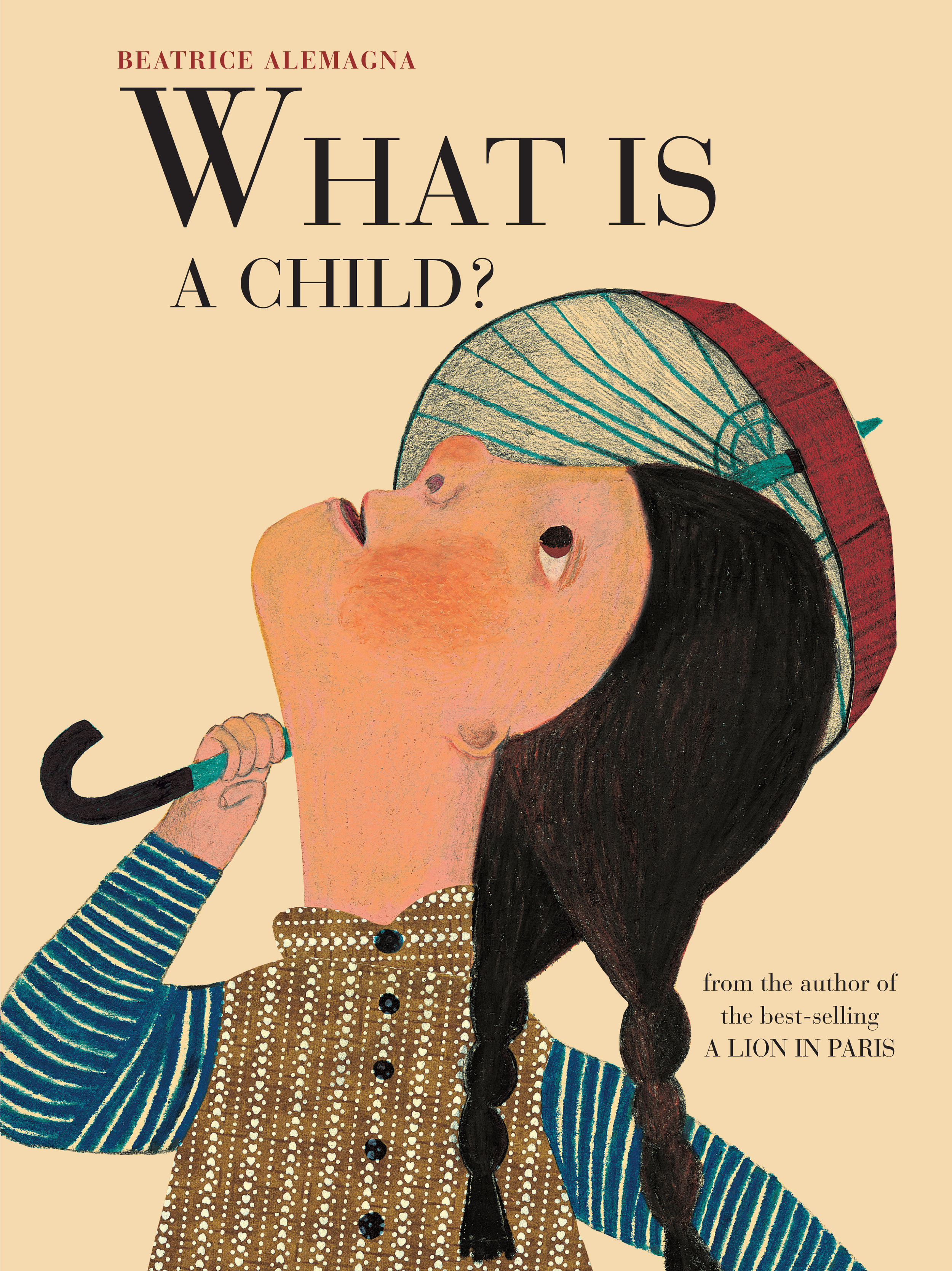
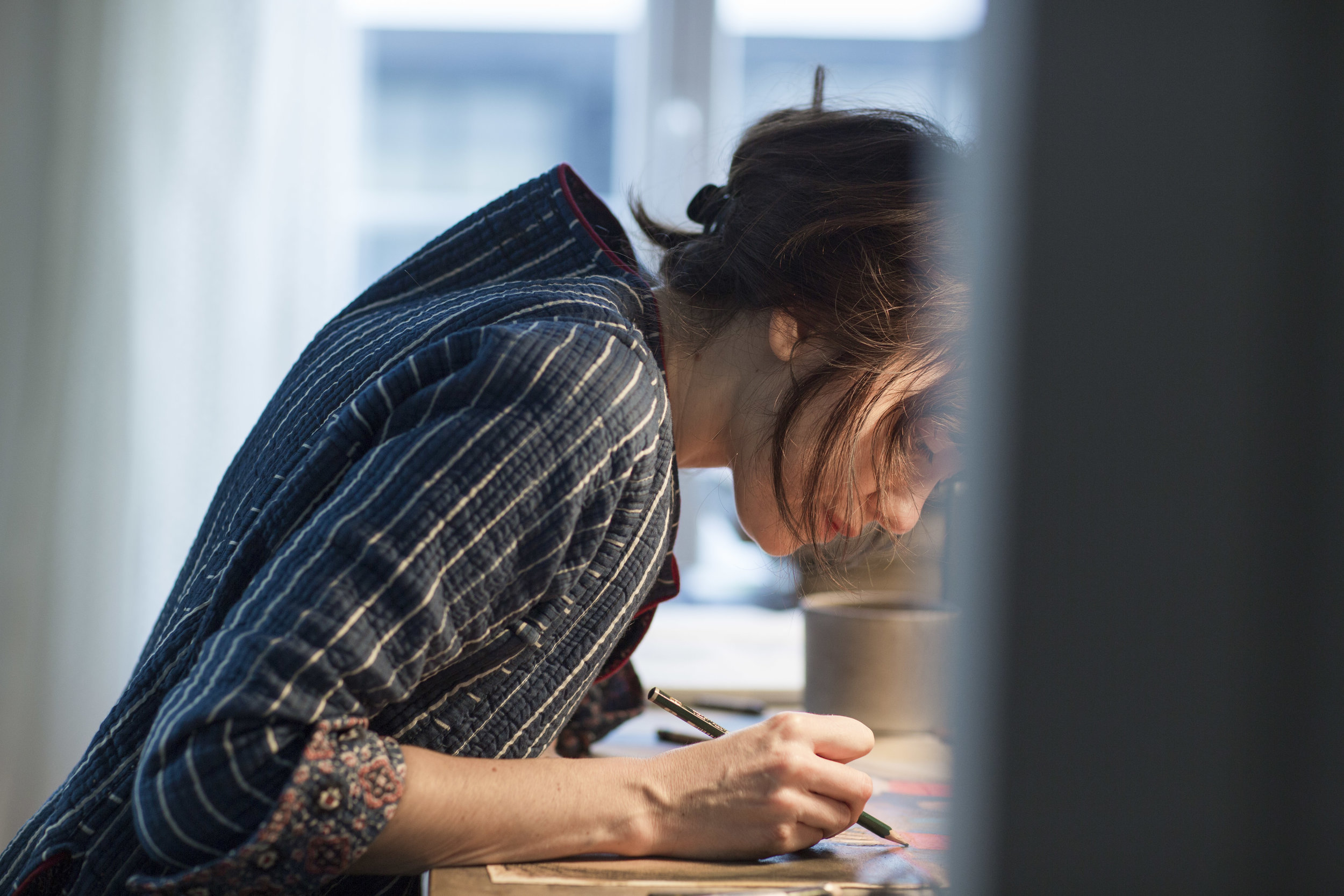
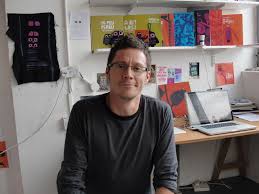


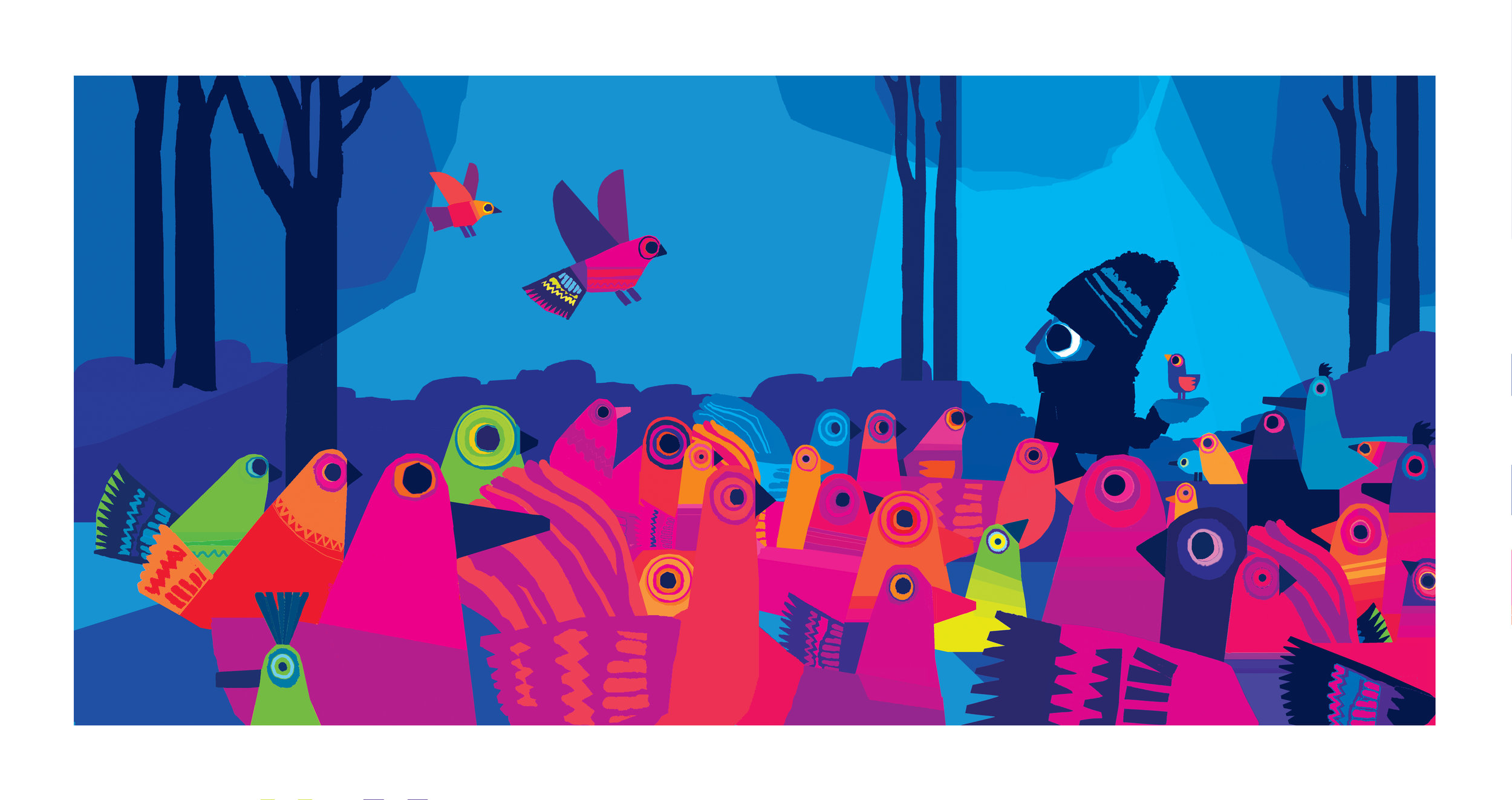
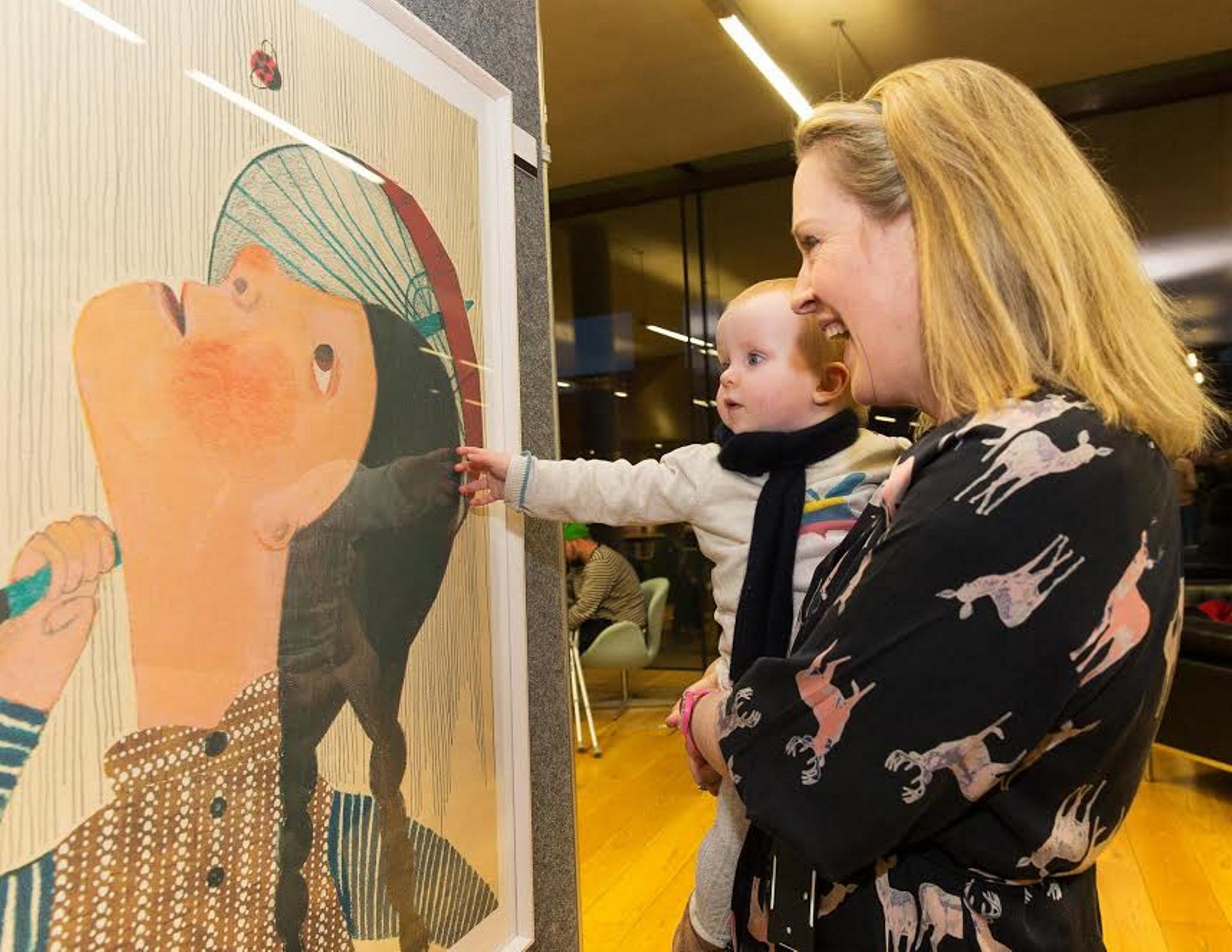

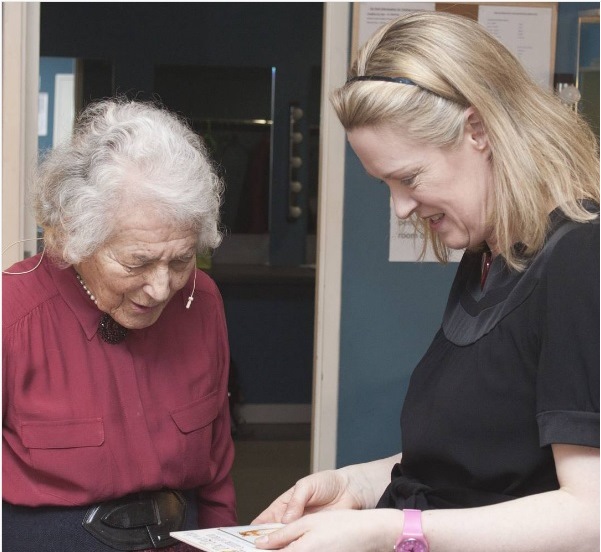
![IGFA3351[2].jpg](https://images.squarespace-cdn.com/content/v1/58973315e4fcb5808a5b7d9e/1491330855707-PFL0KUANLK1QTQ8G5ZNU/IGFA3351%5B2%5D.jpg)
![IMG_3190[1].JPG](https://images.squarespace-cdn.com/content/v1/58973315e4fcb5808a5b7d9e/1491330998720-IHMFQUESOLX8MKJVI6Y1/IMG_3190%5B1%5D.JPG)
![IMG_3287[1].JPG](https://images.squarespace-cdn.com/content/v1/58973315e4fcb5808a5b7d9e/1491331069958-OREGPJWZUD5VX3I5QJXM/IMG_3287%5B1%5D.JPG)
![IMG_3079[1].JPG](https://images.squarespace-cdn.com/content/v1/58973315e4fcb5808a5b7d9e/1491331181274-BOPI0U93NWEK8S1LCIWR/IMG_3079%5B1%5D.JPG)
![IMG_3082[1].JPG](https://images.squarespace-cdn.com/content/v1/58973315e4fcb5808a5b7d9e/1491331189617-GI8WW0NYAJ6V8IC7DZF9/IMG_3082%5B1%5D.JPG)
![IMG_3101[1].JPG](https://images.squarespace-cdn.com/content/v1/58973315e4fcb5808a5b7d9e/1491331201499-GHGY2JZXEL2H0Z5MP0RJ/IMG_3101%5B1%5D.JPG)
![IMG_3125[1].JPG](https://images.squarespace-cdn.com/content/v1/58973315e4fcb5808a5b7d9e/1491331229842-X1WPQ5Q03LL36P706M3O/IMG_3125%5B1%5D.JPG)
![IMG_3183[1].JPG](https://images.squarespace-cdn.com/content/v1/58973315e4fcb5808a5b7d9e/1491331234805-9KF75THUB3DBKM0T6CUP/IMG_3183%5B1%5D.JPG)
![IMG_3195[1].JPG](https://images.squarespace-cdn.com/content/v1/58973315e4fcb5808a5b7d9e/1491331254073-Q5TTL583HJIN6I0B3H0L/IMG_3195%5B1%5D.JPG)
![IMG_3191[1].JPG](https://images.squarespace-cdn.com/content/v1/58973315e4fcb5808a5b7d9e/1491331285903-12PQFGCYMSLV81CHJ69S/IMG_3191%5B1%5D.JPG)
![IMG_3216[1].JPG](https://images.squarespace-cdn.com/content/v1/58973315e4fcb5808a5b7d9e/1491331299379-YWVL62N1RO5MFDAUU9AC/IMG_3216%5B1%5D.JPG)
![IMG_3232[1].JPG](https://images.squarespace-cdn.com/content/v1/58973315e4fcb5808a5b7d9e/1491331327505-8ZZL1EF9XVZYPO0OZZEE/IMG_3232%5B1%5D.JPG)
![IMG_3238[1].JPG](https://images.squarespace-cdn.com/content/v1/58973315e4fcb5808a5b7d9e/1491331340186-5TWXGIYR6Q85QFOTRF4N/IMG_3238%5B1%5D.JPG)
![IMG_3268[1].JPG](https://images.squarespace-cdn.com/content/v1/58973315e4fcb5808a5b7d9e/1491331354625-H9X9TXYPJNAWCCFU1EKF/IMG_3268%5B1%5D.JPG)
![IMG_3323[1].JPG](https://images.squarespace-cdn.com/content/v1/58973315e4fcb5808a5b7d9e/1491331374921-IG4KDKDTXHE2UNE1RU07/IMG_3323%5B1%5D.JPG)
![IMG_3324[1].JPG](https://images.squarespace-cdn.com/content/v1/58973315e4fcb5808a5b7d9e/1491331389924-GAXZPLW0H7CBDIDND3CD/IMG_3324%5B1%5D.JPG)


